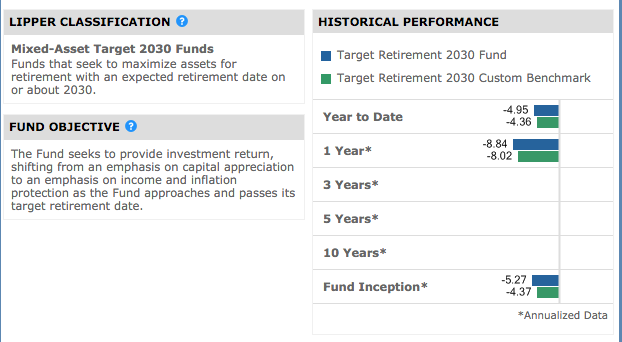In 2004 I made the very difficult decision to leave the Marines after my first enlistment was complete, and head back to Texas to try my luck in the “real world”. Being only 24 years old, I was young and ambitious. I knew that the Marines was a very difficult lifestyle on families, and I wanted to achieve two things as I exited: Raise a family, and make more money.
After returning home to Dallas, I tried several different jobs, only to realize that I was no good at driving a dump truck, and my construction skills were lack luster at best. I worked on FA-18 fighter jets while in the Marines, and I always had a strong knack for anything mechanical.
With a little luck, I landed a job at Solar Turbines in April of 2004 at the DeSoto, TX Overhaul facility. I knew very little about industrial gas turbines, and as my first job, I started off cleaning parts. I somehow managed to fall into good graces, and leadership recognized I was a go getter, and had a strong work ethic. I moved from position to position (inventory, disassembly, build etc..) and was thrilled at the ability to work as much overtime as possible.
In 2010, I realized that I wanted to do more than just manual labor. I began to look around at people, who just like myself started at the bottom and worked their way up into leadership, and eventually into engineering positions. My GI Bill was still effective, so I decided to go back to school while working 60+ hours a week. Learning and re-learning began to be my new adrenaline, and I slowly began refocusing my efforts to make my mind as strong as my back.
I graduated with a BA in Organizational Leadership in October of 2014, and in 2015 Solar Turbines allowed me to go through the CPS Six Sigma Black Belt course. Out of all the things in which I have been exposed to in my time at Solar, nothing has opened my eyes or sparked as much curiosity and interest as running projects geared toward process improvements and reducing waste. Utilizing statistics and data to draw educated decisions on areas of the business that require improvement, literally changed the way I look at all problems both at or away from work.
Today, my wife and I have started and successfully ran multiple small businesses, in which I owe our success to Solar Turbines and continuous education.
I said all of this in the hopes of reaching a young person, or someone struggling with the career decisions and choices.
Here is how to tell if you are working in a job or a career.
A job is something that is temporary. Now this can be a mental temporary if you will. (I’m only going to do this until I can find something else) Well 20 years later, you might be doing the same exact job. I still refer to this as a job, as it is just something that is paying the bills, but you have not yet reached maximum level of fulfillment in regards to salary, job satisfaction, and of full utilization of your talents and interests. Job is actually defined as something that can be done in the short term to earn cash.
A career is something in which you are no longer looking for the next big move. You have arrived in a field that satisfies your desires to learn and grow, utilizes your talents and experiences, and meets your financial requirements. A career is defined as a long-term pursuit of a life long ambition.
Patrick Wood



